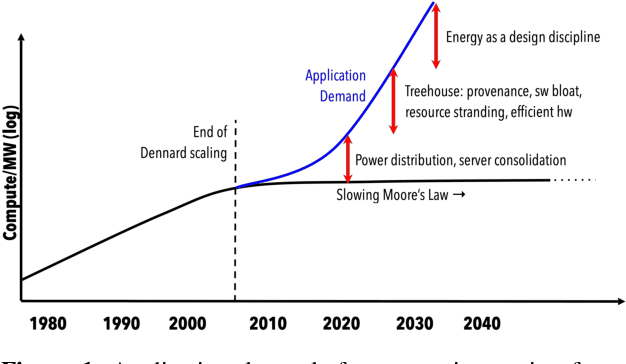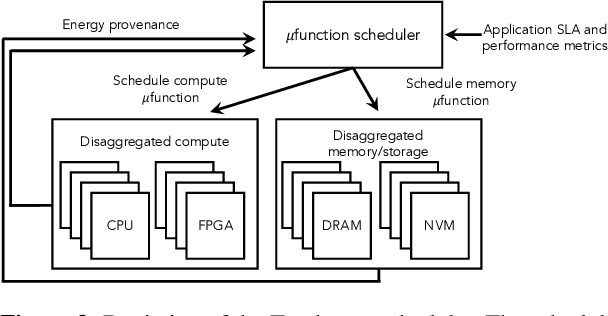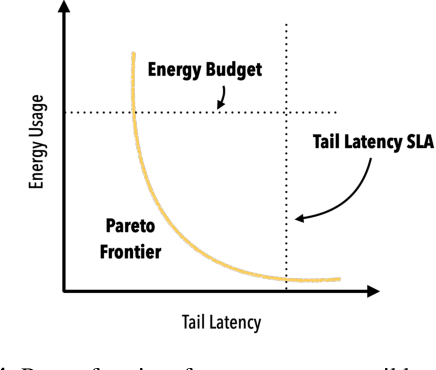Thomas Anderson
m4: A Learned Flow-level Network Simulator
Mar 03, 2025Abstract:Flow-level simulation is widely used to model large-scale data center networks due to its scalability. Unlike packet-level simulators that model individual packets, flow-level simulators abstract traffic as continuous flows with dynamically assigned transmission rates. While this abstraction enables orders-of-magnitude speedup, it is inaccurate by omitting critical packet-level effects such as queuing, congestion control, and retransmissions. We present m4, an accurate and scalable flow-level simulator that uses machine learning to learn the dynamics of the network of interest. At the core of m4 lies a novel ML architecture that decomposes state transition computations into distinct spatial and temporal components, each represented by a suitable neural network. To efficiently learn the underlying flow-level dynamics, m4 adds dense supervision signals by predicting intermediate network metrics such as remaining flow size and queue length during training. m4 achieves a speedup of up to 104$\times$ over packet-level simulation. Relative to a traditional flow-level simulation, m4 reduces per-flow estimation errors by 45.3% (mean) and 53.0% (p90). For closed-loop applications, m4 accurately predicts network throughput under various congestion control schemes and workloads.
Treehouse: A Case For Carbon-Aware Datacenter Software
Jan 06, 2022



Abstract:The end of Dennard scaling and the slowing of Moore's Law has put the energy use of datacenters on an unsustainable path. Datacenters are already a significant fraction of worldwide electricity use, with application demand scaling at a rapid rate. We argue that substantial reductions in the carbon intensity of datacenter computing are possible with a software-centric approach: by making energy and carbon visible to application developers on a fine-grained basis, by modifying system APIs to make it possible to make informed trade offs between performance and carbon emissions, and by raising the level of application programming to allow for flexible use of more energy efficient means of compute and storage. We also lay out a research agenda for systems software to reduce the carbon footprint of datacenter computing.
 Add to Chrome
Add to Chrome Add to Firefox
Add to Firefox Add to Edge
Add to Edge